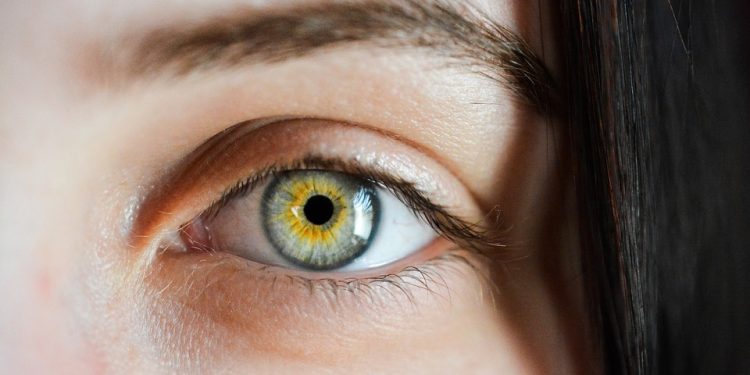by Jonathan Chung, DC
When most people think about eye problems, they are going to think about problems like blurriness, near-sightedness, or double vision. However, there are different problems that affect the eyes without affecting normal vision, and one of the ways that these problems can be seen is by looking at eye movements. While faulty eye movements might not affect normal vision, the way they malfunction can give doctors a sensitive window into the functioning of the brain during a concussion evaluation.
Here are 3 of the most common eye movements that are affected in patients with post-concussion syndrome:
- Saccades– Saccades are eye movements that move your eyes quickly from one target to another. Patients with post-concussion syndrome will have saccades that take longer to react to new targets and take longer to switch between targets.
Testing saccades can be made to assess the brain’s cognitive processes through a test called anti-saccades. During anti-saccade testing you intentionally move your eyes away from a new target. It requires your brain to inhibit a reflex to move your eyes towards a new stimuli, and move your eyes to an imaginary spot in the opposite visual field. Anti-saccades are very sensitive to brain injury in the frontal lobe. - Smooth Pursuits – Smooth pursuits are the movements your eyes make when you are following a target move across your vision. This is how you follow a moving object. While it seems simple in concept, it’s a pretty complex process that requires the use of multiple parts of your brain, which means this eye movement is susceptible to dysfunction after a concussion.
People with problems with this eye movement will have a feeling that their eyes are not moving fast enough, or they will feel like their eyes get pulled off target easily. - Convergence– This is the eye movement that you use to look at something close to your face. You might recognize this eye movement when you make a cross-eyed face. It’s the only eye movement that moves your eyes in opposing directions so they also take up a lot of brain power. This eye movement is critical for looking at things up close.
People with this problem will frequently say that they are having double vision more frequently, or that their eyes and head hurt with reading or screen time.
You probably don’t care if your eyes are moving perfectly or not, but you might care about how they mess with your brain. You might not care about your saccades, but it matters to the athlete who can’t see an open receiver to their right side. You might not care about convergence, but you care about your ability to read pain-free. The good news is that many of these eye movement problems can be rehabilitated when addressed by a practitioner with experience in eye movement therapies like a vision therapist, vestibular therapist, or a functional neurologist.
Dr. Chung is an upper cervical chiropractor with a focus on traumatic head injuries who is located in Wellington, Florida.











